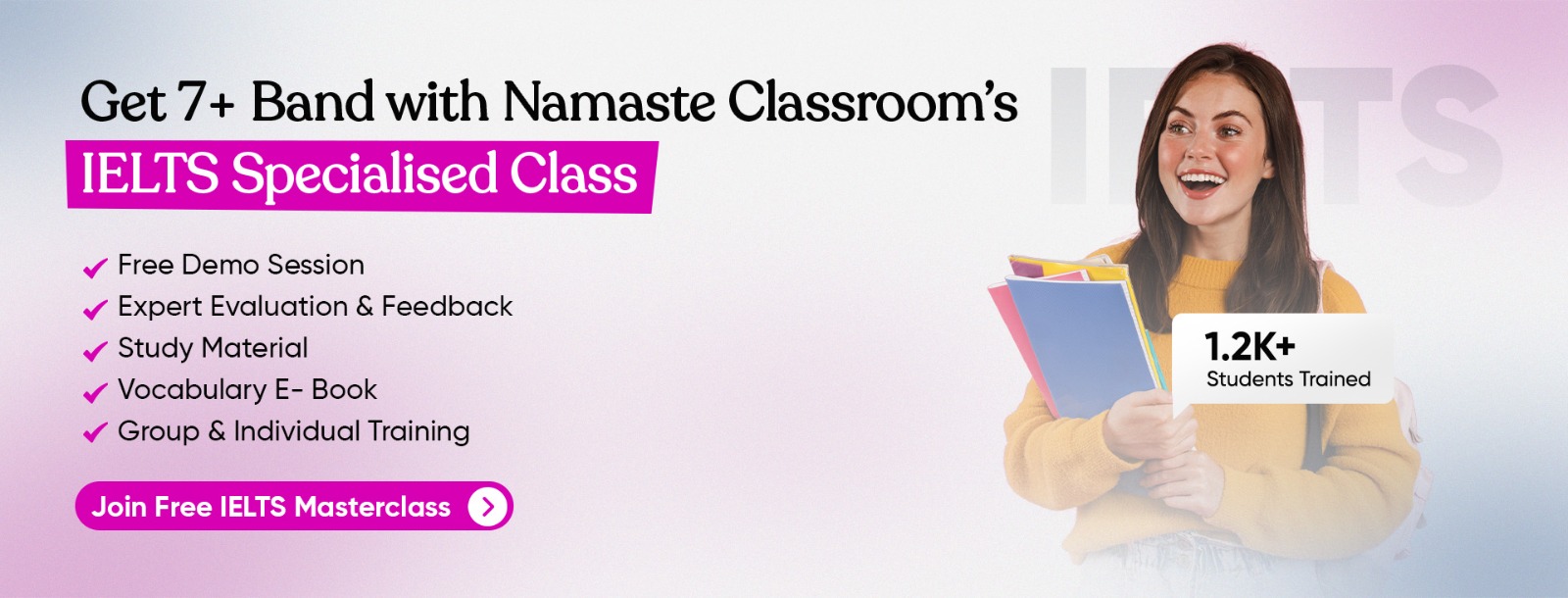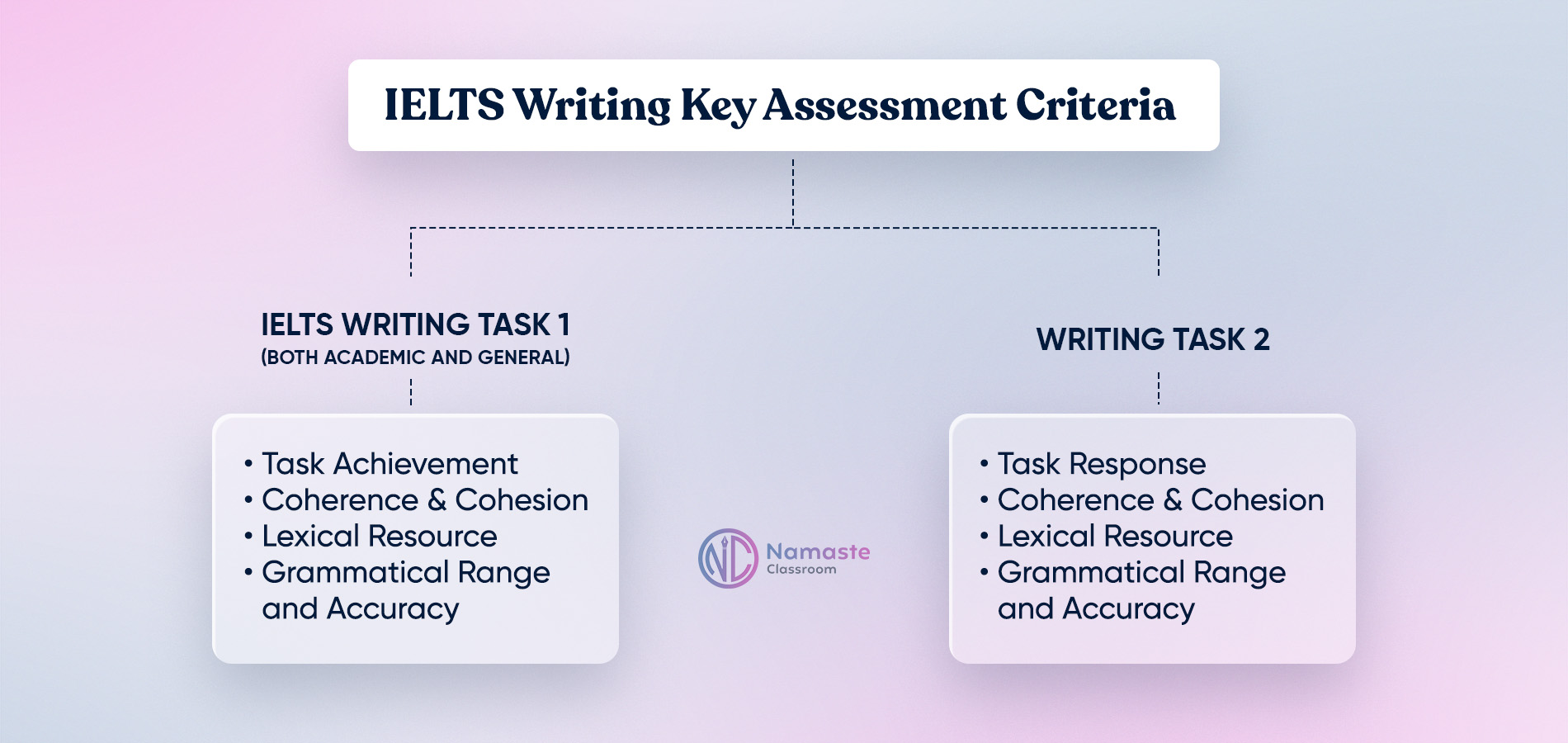IELTS Integrated
What is IELTS? All You Need to Know
The International English Language Testing System (IELTS) is the world’s leading English language proficiency test, essential for anyone aiming to study, work, or migrate to English-speaking countries.
Launched in 1980 as “ELTS,” the IELTS test rapidly grew in popularity and significance. By 1989, the formation of the IELTS International partnership marked a significant milestone, setting a new standard in English language testing to help individuals achieve their academic, professional, and personal ambitions.
IELTS is jointly owned by three reputable organizations:

IELTS is run by some of the most trusted organisations in English Education:
- The British Council – The UK's international organisation for educational opportunity.
- IDP IELTS – A leading educational organisation with roots in Australia.
- Cambridge English – A division of the University of Cambridge that focuses on testing English language proficiency.
| IELTS Academic | IELTS General Training |
|---|---|
| This test can help you secure university acceptance, student visas, and prove your English ability to professional organisations. | This test measures your English proficiency in the workplace and is often useful to prove your level when applying for a new position in an English-speaking company or organisation. |
IELTS Writing
More IELTS Modules
Download IELTS Brochure
Difference between IELTS Academic & IELTS General
Academic Purposes
The IELTS Academic test is aimed at those who want to pursue higher education or professional registration in an English-speaking environment. It assesses whether you are ready to begin studying or training in English.
General Training
The IELTS General Training test is suitable for those who are planning to work, gain work experience, or undergo training programs in an English-speaking country. It is also a requirement for migration to countries such as Australia, Canada, New Zealand, and the UK.
IELTS TEST FORMAT
Test length: 2 hours and 45 minutes long.
- There are no gaps between the Listening, Reading, and Writing portions; they are all completed on the same day.
- The Speaking section might be scheduled up to seven days before to or following the other modules, or it could be arranged on the same day.
| MODULE | DESCRIPTION | DURATION |
|---|---|---|
| LISTENING | This section evaluates your ability to comprehend concepts, identify viewpoints, and track the progression of an argument. | 30 minutes (10 minutes extra to transfer answer – Paper Based Test) |
| READING | This section evaluates your reading comprehension of the author’s conclusions and viewpoints as well as your general sense, key ideas, and specifics. | 60 minutes |
| WRITING | This portion assesses your ability to use a broad range of language and grammar, as well as how well and accurately you organize your thoughts and compose a response. | 60 minutes |
| SPEAKING | This component evaluates your ability to convey knowledge and opinions about common subjects and experiences, as well as how you articulate and defend your positions. | 11 – 14 minutes |
Band Scores: IELTS scores range from 0 to 9, in half-point increments. Each section (Listening, Reading, Writing, Speaking) receives a band score, and the overall band score is the average of these four scores.
Different institutions and organizations have specific score requirements, depending on the level of English proficiency needed for various tasks.
IELTS Band Scores
Consequently, you can determine your IELTS band score for the Academic and General Reading portions, respectively, using the IELTS Reading score table provided below.
Academic Reading
| Score | 9 | 8.5 | 8 | 7.5 | 7 | 6.5 | 6 | 5.5 | 5 | 4.5 | 4 |
|---|---|---|---|---|---|---|---|---|---|---|---|
| Correct Answers | 39-40 | 37-38 | 35-36 | 33-34 | 30-32 | 27-29 | 23-26 | 19-22 | 15-18 | 13-14 | 10-12 |
General Reading
| Score | 9 | 8.5 | 8 | 7.5 | 7 | 6.5 | 6 | 5.5 | 5 | 4.5 | 4 |
|---|---|---|---|---|---|---|---|---|---|---|---|
| Correct Answers | 40 | 39 | 37-38 | 36 | 34-35 | 32-33 | 30-31 | 27-29 | 23-26 | 19-22 | 15-18 |
Listening
| Score | 9 | 8.5 | 8 | 7.5 | 7 | 6.5 | 6 | 5.5 | 5 | 4.5 | 4 |
|---|---|---|---|---|---|---|---|---|---|---|---|
| Correct Answers | 39-40 | 37-38 | 35-36 | 33-34 | 30-31 | 26-29 | 23-25 | 18-22 | 16-17 | 13-15 | 10-12 |
The Examiner assesses your speaking skills based on the below listed four criteria.
Fluency & Coherence
The IELTS speaking criteria examine how fluently you can speak at length, your ability to talk without any pause or hesitation and self correction. It also assesses the efficient use of cohesive devices like pronouns, connectors, conjunctions and more. You must speak in an accent and language that is easily understood by the examiner.
Lexical Resource
In this criterion, the examiner determines whether you use a wide range of vocabulary or not, try to convey the meaning in different words and use less common vocabulary. The usage of collocations and paraphrasing at the proper place is also taken into consideration. You must avoid errors while speaking.
Grammatical Range & Accuracy
Here, your formation of sentences i.e. building complex sentence structures and proper application of grammar is determined. The structures must be set so accurately that their use sounds natural and appropriate while you talk. Overuse of prepositions, conjunctions and articles must be avoided too.
Pronunciation
Your ability to use intonation (i.e. rise and fall of the voice while speaking) and the way you pronounce any word are taken into account.Your accent must be such that it is clearly understood by the examiner. Yet, having a mother-tongue influence your speaking is fine as long as you are understandable.

Why IELTS is Important ?
Global Recognition
Accepted by over 10,000 organizations worldwide, including universities, employers, immigration authorities, and professional bodies.
Fair and Unbiased
The test is developed to avoid cultural bias, and it tests a wide range of language skills in an academic and real-world context.
Preparation for Real-Life Situations
The test not only assesses your language proficiency but also prepares you for the practical use of English in everyday situations, whether academic, professional, or social.
What makes IELTS the best option?
IELTS emphasises practical communication abilities and provides several significant advantages:
- Take advantage of fresh opportunities : You can study abroad at the universities of your choice because IELTS is accepted by 12,500 organizations in more than 140 countries worldwide.
- Develop your career : Show prospective employers that you are proficient in English with safe and comprehensible results.
- Work abroad : IELTS's Speaking segment looks at how people from throughout the world use English, while the Listening half covers a variety of accents.
- Settle in an English-speaking country: IELTS assists you in proving to immigration officials that your proficiency in English satisfies the necessary requirements.
- Choose the exam that fits you: From the convenience of your home, take the test online, on paper, or on a computer. IELTS accommodates most schedules because there are numerous examination dates accessible worldwide.
- Have faith in your outcomes: The IELTS exam is accurate and fair. Examiners are skilled and knowledgeable English language experts who prioritize language proficiency and effective communication.
- IELTS is an exam that is accessible : On test day, those with specific needs are given modified versions of the test. Regardless of nationality, cultural background, gender, or special needs, these elements guarantee equitable testing for everyone.
How can IELTS assist with the requirements for a visa?
- Proof of English language ability is required by immigration authorities in many English-speaking nations before a visa can be issued. IELTS offers this evidence.
- You will receive an official Test Report Form (TRF) with your IELTS score on it after finishing the test.
- To demonstrate your English competence, you need present your TRF to the visa authorities. It is valid for two years.
- Every visa has different requirements for IELTS scores. Verifying the score required to obtain your visa is crucial.
How does the IELTS compare to other popular tests?
Comparing multiple test scores might be challenging, but IELTS is commonly regarded as the gold standard for English language testing. To better comprehend the benefits of the test, consider how it compares to other popular evaluations.
| IELTS vs TOEFL. | |
|---|---|
IELTS is highly known worldwide and is not limited to UK English, making it a diverse option for test takers. IELTS also offers the option of taking the test on paper or on a computer, accommodating different preferences. | TOEFL (Test of English as a Foreign Language) is mostly a computer-based test that assesses your ability to use North American English. |
| Both examinations strive to assess English language competency properly and fairly, without one being inherently more difficult than the other. | |
| IELTS vs PTE | |
|---|---|
IELTS Academic evaluates your English skills for academic settings, whereas IELTS General Training also examines practical and everyday language. | PTE (Pearson Test of English) places a significant emphasis on academic English. |
| Both tests have the same level of difficulty. PTE solely administers computer-based tests. IELTS allows you to take the test either on paper or on a computer. | |
| IELTS vs DET | |
|---|---|
| IELTS testing is more comprehensive, and it remains the gold standard for educational institutions and immigration offices. | The recently launched Duolingo English Test (DET) offers online, on-demand testing. |
Our pricing and plans

Demo
(Conducted online every day)
- Introduction to Course Structure
- Personalized skill assessment with expert trainers
- Interactive exercises to enhance your vocabulary
- Tips and techniques for effective communication

Individual Training
(Conducted online every day)
- Introduction to fundamental grammar rules to set a strong foundation.
- Engaging activities to practice fluent speaking in real-life scenarios.
- Techniques to improve pronunciation and intonation.
- One-on-one sessions with expert feedback and tailored advice.

Group Training
(Conducted online every day)
- Customized vocabulary-building exercises tailored to your needs.
- In-depth grammar lessons to eliminate common errors.
- Techniques to improve pronunciation and intonation.
- Group sessions with expert feedback and tailored advice.
